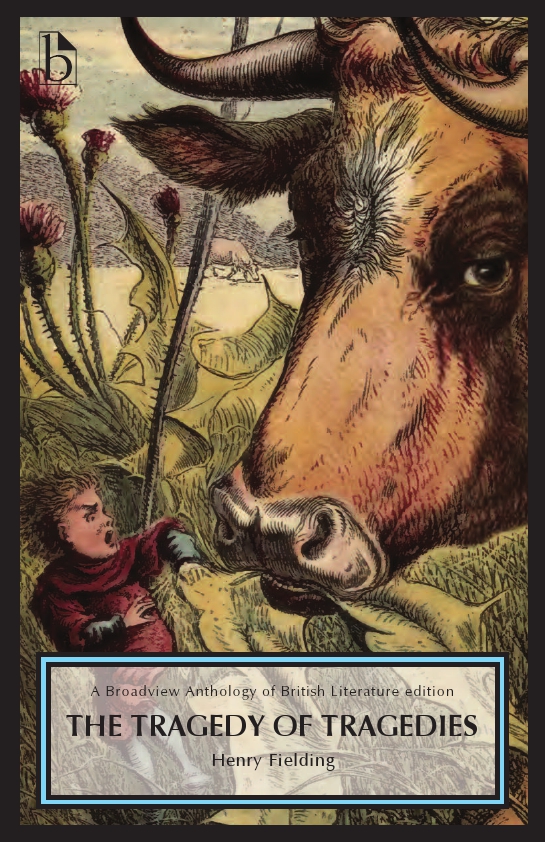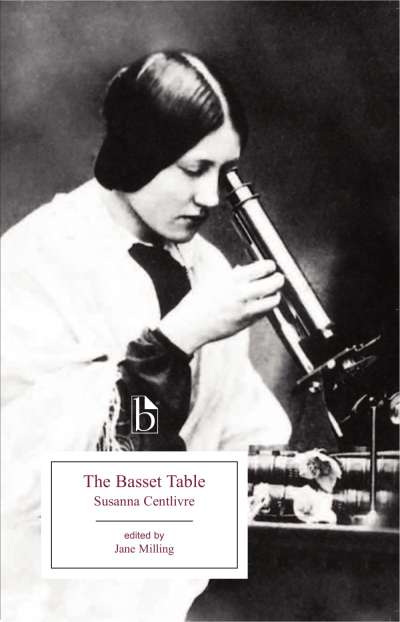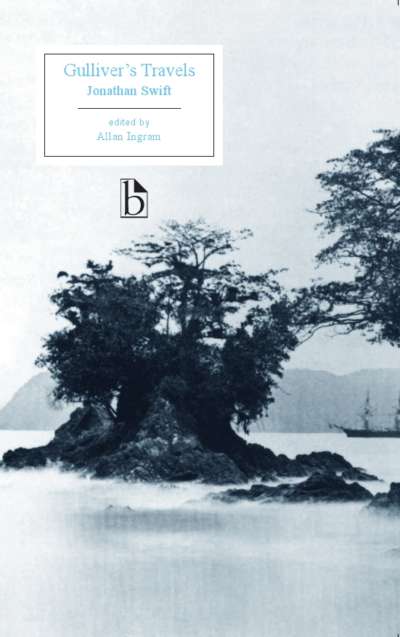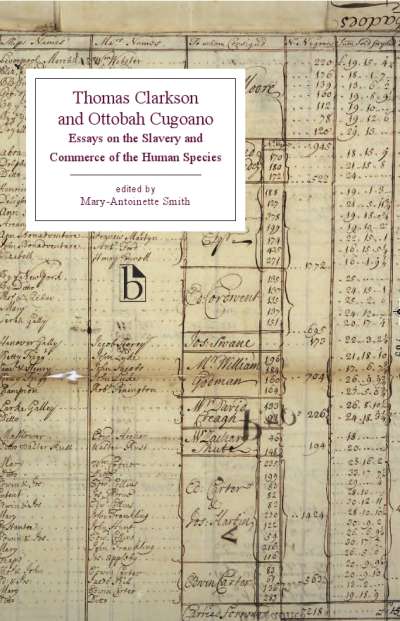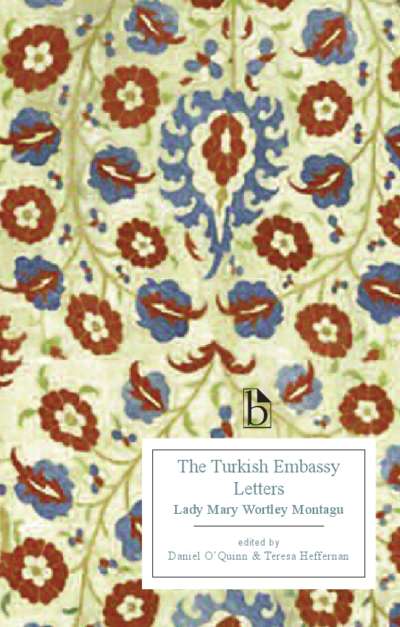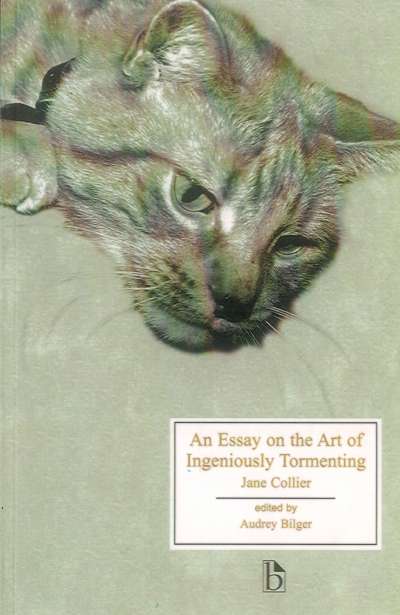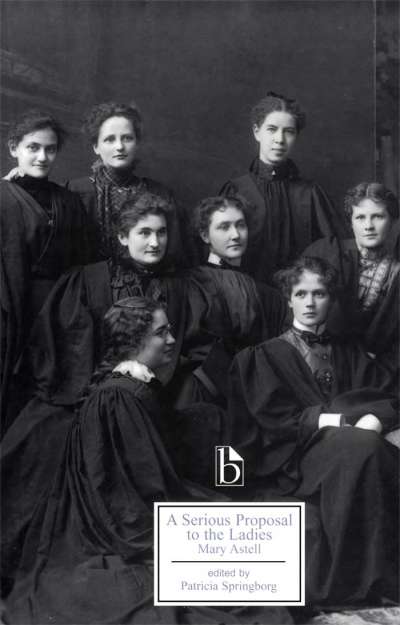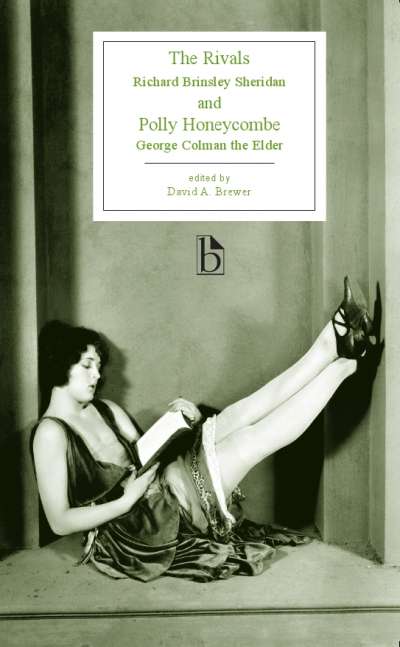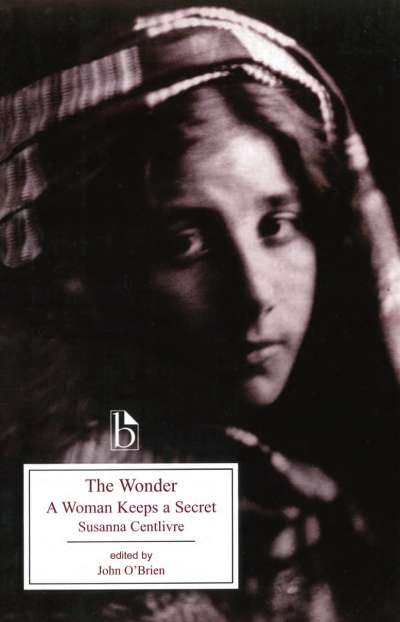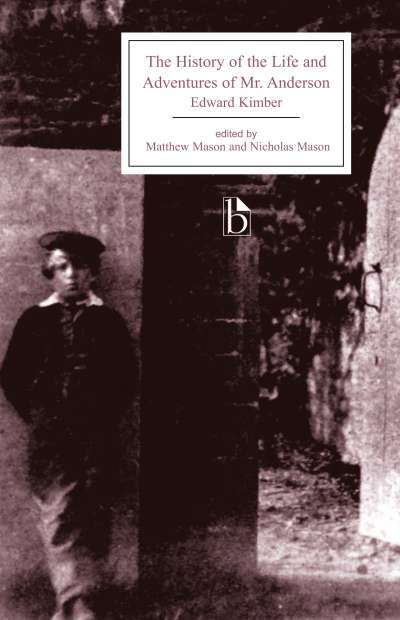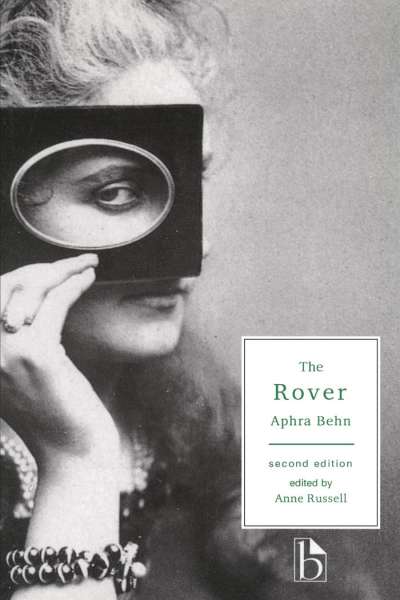Best known today for the novels Joseph Andrews and Tom Jones, Henry Fielding was just as renowned in his own time as a prolific and highly successful dramatist. Among his most popular plays was
The Tragedy of Tragedies: Or, The Life and Death of Tom Thumb, one of the most extraordinary parodies in English theater. The print version of the play incorporates, in an elaborate structure of annotations, a remarkable satire of heroic drama and of the pretensions and excesses of “false scholarship.”
This edition includes the text of the play itself and the text of the extraordinary notes (by Fielding’s pseudonym “H. Scriblerus Secundus”), appearing in facing page layout; extensive explanatory notes for the modern reader appear at the bottom of the page. Also included are a substantial introduction and a wide range of background materials that set the work in the context of its time. These contextual materials include contemporary reviews, excerpts from the plays that Fielding’s parody most frequently targeted, and selections from works that provided inspiration for The Tragedy of Tragedies—from contemporary versions of the “Tom Thumb” folktale to satirical writing by authors such as Alexander Pope, John Gay, and George Villiers.
Comments
“Featuring an excellent introduction, extensive notes and a generous sampling of contextual materials, this splendid new classroom edition of Henry Fielding’s The Tragedy of Tragedies makes one of the most popular plays of the eighteenth century come alive for today’s students. It will be useful to teachers of eighteenth-century British literature as well as of drama or theatre surveys.” — Albert J. Rivero, Marquette University
“Fielding’s Tragedy of Tragedies provides a master comedian’s compact compendium of the heterogeneous sources of laughter and comic insight: farcical action and burlesque situations; literary parody; satire of bombast and pedantry; physical and verbal incongruities (a miniature hero and giant queen, diction that regularly plummets from lofty to low); mind-bending philosophical puzzles (a ghost threatened with death by sword); temporal inversions (footnotes asserting that lines from earlier plays have been cribbed from this one); reductions of poetic form (“Oh, Huncamunca, Huncamunca, oh”); and the bathos of compression and acceleration (seven stabbing deaths within ten lines at the play’s close).
The Broadview edition makes the play’s full array of comic techniques readily accessible to any reader: effectively edited and cleverly formatted as a facing-page edition, with Fielding’s mock-scholarly footnotes filling right-hand pages, the edition would serve equally well as the basis for uproariously funny stage productions and for study as a revealing print artifact from the Augustan Age. I recommend this edition as required reading for courses on Restoration and eighteenth-century drama, The Age of Swift and Pope, theater history, eighteenth-century literature, book history, and literary theory—and as pleasure reading for anyone interested in drama, the novel, or a good laugh. ” — Jill Campbell, Yale University

